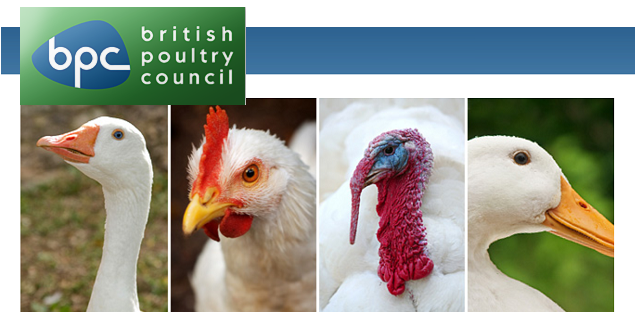The last three years has seen a 44% decrease in the total amount of antibiotics used by members of the BPC Antibiotic Stewardship Scheme, despite the industry achieving a 5% increase in UK poultry meat production during the same period.
This is the headline figure used by BPC to highlight the publication today of a 16-page report to demonstrate members’ successful responsible use strategy concerning antibiotics.
“The scheme has been notably successful in delivering a strategy for the responsible use of antibiotics,” said BPC chairman, John Reed, noting that since being set up in 2011, the scheme’s monitoring service had demonstrated an “encouraging downward trend”.
Mr Reed also said: “We want to continue to be open and transparent and we are proud to be the first UK livestock sector to publish this level of information.”
Scheme chairman, Reg Smith, added: “Through the scheme’s formation, the (poultry) sector has taken decisive action to develop a strategy to manage antibiotic use. Our key focus is responsible use of antibiotics and, where possible, a reduction in the use of those antibiotics considered to be of most highly critical importance by the World Health Organisation (WHO).
“We recognise the importance of protecting the integrity of these antimicrobial classes for both animal and human health.”
The report includes a breakdown of the total use data into antimicrobial classes, with each poultry meat species (chickens, ducks and turkeys) demonstrating an overall reduction in use of fluoroquinolone antibiotics.
The report also notes the difference between poultry species (chickens, turkeys and ducks) and the different challenges that can affect bird health with limited effective therapeutic treatments available.


